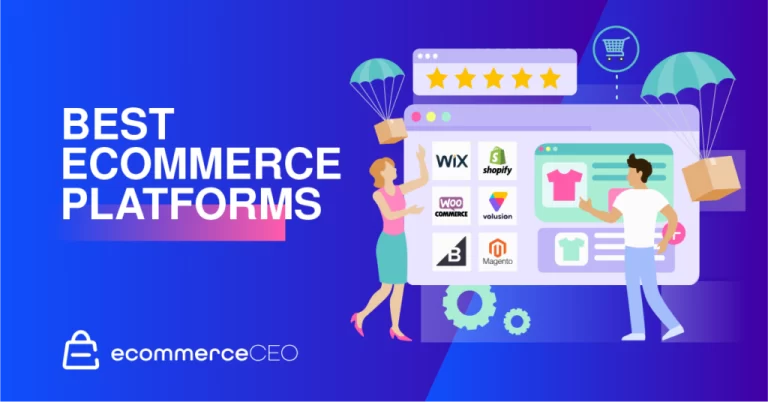SEO can be extremely beneficial for your business. It can give your massive business exposure and broaden your customer base. SEO is inexpensive and requires little initial investment. Getting SEO services can grow your business with minimal effort. Read on to discover some tips on optimizing your website for SEO.
Page Speed Affects Organic Website Traffic
The amount of time a web page takes to load is important for organic website traffic. It influences the user experience and whether online shoppers purchase from a site. Moreover, it can negatively affect organic rankings. A recent study by Google showed that 79% of online shoppers avoid websites with performance problems.
A website’s page speed affects both human and bot visitors. The faster your site is, the better it will rank in Google’s search results. In addition, a fast website means higher conversion rates. But, the process of getting to the data requires several HTTP requests. So, for a website to achieve the best page speed, it should be free from heavy files, unnecessary codes, and too many HTTP requests.
According to Google, a delay of one second in page load time can affect user satisfaction by 16 percent. Also, a delay of half a second can result in a 20% decrease in the conversion rate. Therefore, page speed should be a priority for websites looking to increase organic traffic.
Internal Links Boost SEO
Creating internal links to your e-commerce website is an important part of boosting SEO. While the homepage of your site carries the most link value, it is also important to have links on other pages of your website. Therefore, it is important to understand how internal links work and how to optimize them.
Internal linking helps search engines discover your web pages and understand their structure. Internal links also help you increase page views and reduce bounce rates. The goal is to optimize your web pages for SEO and create an optimal user experience. Smart internal linking practices include linking blog content to product pages, linking between categories, and creating brand landing pages.
When Google crawls your site, it follows internal and external links. The links between your pages help it understand what content is most important. As a result, it will help you increase your search engine rankings. Internal links also help Google understand your website’s content hierarchy. It is important because Google can index related content easily.
Internal links also help to increase dwell time on your website. By creating relevant links on key pages, you can increase the authority of these pages and eliminate the need to search for external backlinks. To make internal links more effective, ensure that your content is compelling and links to your conversion pages. Also, ensure your conversion pages are well-optimized and include a strong call to action.
When creating internal links, remember that the anchor text should be detailed. It is essential for maximizing the SEO value. Avoid using generic or keyword-rich anchor texts. Instead, make sure you clearly describe the destination of each link. You should use the product’s name on the internal link if you’re promoting a specific product.
Remember that adding internal links is not always helpful for the user. If the link is irrelevant to the current page, your visitors will be less likely to move on.
Reduces the Need for Paid Advertisements
Search engine optimization can help improve the user experience of your website by making it faster, more intuitive, and easier to navigate. You won’t have to spend money on paid advertising campaigns that do the same thing if you get highly targeted traffic from Google search results alone.
For example, if someone searches for “red leather handbags” online, they’re probably looking to buy one right away rather than just getting inspiration or ideas for their new accessory collection. E-commerce SEO assists businesses in reducing expensive ad budgets and focusing resources elsewhere by ranking high in organic search results (and providing visitors with exactly what they are looking for).
E-commerce Doesn’t Require A Larger Budget
The large marketing expenses frequently connected with other sorts of businesses are unnecessary for SEO for e-commerce websites. Instead, businesses might use revenue alternatively or devote more time to their SEO efforts (since hiring an outside agency is not always necessary). The good news is that ranking highly in organic search results is rather simple—especially if you’ve previously incorporated some fundamental SEO methods into your site design and content development procedure. You must concentrate on developing engaging product descriptions, internal linkages across pages, anchor text backlinks from reputable domains, etc.), capitalize on pertinent keywords, and spend money on off-page SEO. At the same time, you wait for the results to start coming in.

